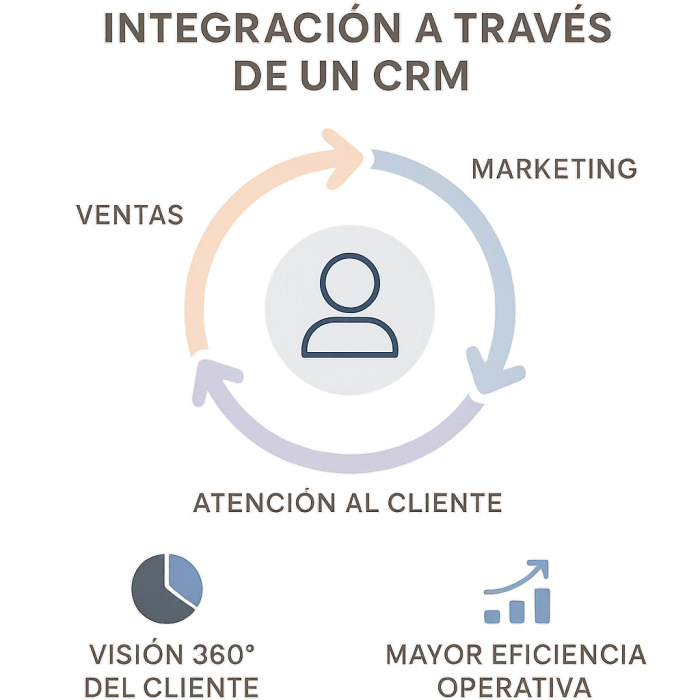UX Personalization Techniques to Convert More Customers in SMEs – [Why is personalization relevant in UX?](#why-is-personalization-relevant-in-ux) – [Key UX Personalization Strategies](#key-ux-personalization-strategies) – [Recommended tools to implement personalization](1TP5Recommended-tools-to-implement-personalization) – [Common mistakes when personalizing UX](1TP5Common-mistakes-when-personalizing-ux) – [Conclusion: Key steps to personalize UX](#conclusion-key-steps-to-personalize-ux) Personalized user experience (UX) is one of the most determining factors to increase conversions in small and medium-sized businesses. Personalizing navigation and content allows you to capture attention, facilitate the purchasing process and generate loyalty. In this article, you'll learn proven techniques and tools to adapt UX to your customers' real needs and maximize your results. Why is personalization relevant in UX? Today's users expect tailored experiences. According to studies, effective personalization in UX can increase conversion rates and customer satisfaction by up to 20%. This translates into sales and referrals for your SMB. Key UX Personalization Strategies
User segmentation: Use basic behavioral and demographic data to display relevant content.
Smart recommendations: Implement recommendation engines to suggest similar products or services.
Adaptation of messages: Modify elements such as banners, offers, and CTAs based on user history or location.
Simplified flows: Eliminate unnecessary steps for returning users, offer automatic login or cart reminders.
Continuous A/B testing: Analyze which customizations work best and evolve based on real data.
Recommended tools for implementing customization
Google Optimize: Perform easy experiments and customizations on websites.
Optimizely: Advanced platform for A/B testing and dynamic personalization in real time.
HubSpot: Allows you to personalize site content based on user behavior.
Segment: Manage customer data to segment and target personalized experiences.
Common mistakes when customizing UX
Not defining user segments well: You'll miss out on opportunities if you group them incorrectly.
Over-personalization: can overwhelm the user and make them distrustful.
Not measuring results: Without clear KPIs, improvements are not sustainable.
Failure to consider privacy: Personalization must comply with data handling laws and ethics.
Conclusion: Key steps to personalize UX
Identify the user segments relevant to your SME.
Select the tools that best fit your workflow.
Implement personalized recommendations and messages step by step.
Measure results and adjust based on actual performance.
Prioritize transparency and the privacy of your users.
Ready to take your SMB's user experience customization to the next level? Discover more strategies and resources on our portal: UX for SMEs and entrepreneurs.









